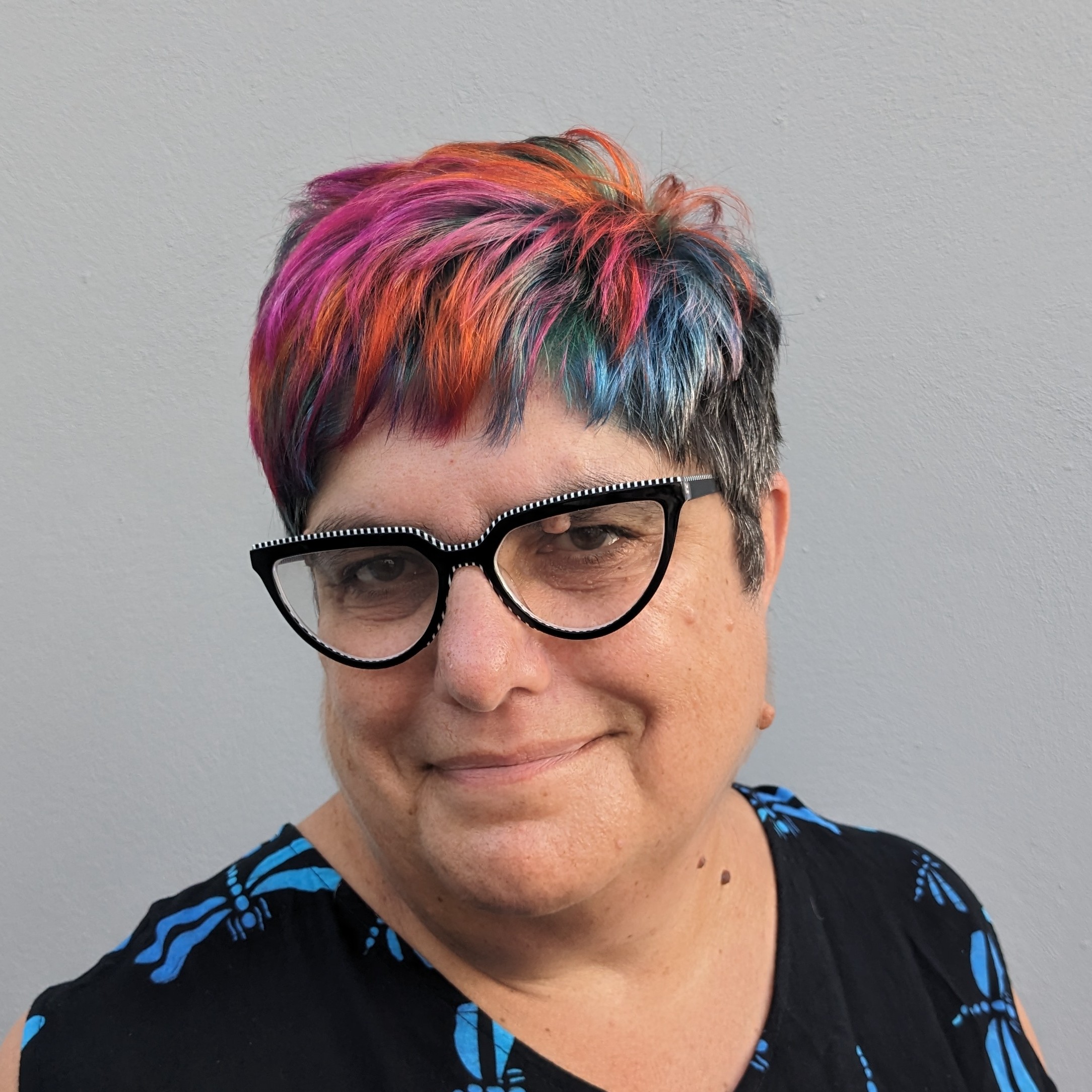Archived: Perspectives on Choosing the Best Research Organism for Your Scientific Question
Consistent with NIGMS’ mission to support a diverse portfolio of biomedically relevant basic research, we aim to support research that uses a wide range of research organisms (ROs). We see this approach as the best way to increase our understanding of life.
This past fall, we hosted a group of researchers, funders, institutional leaders, and representatives of scientific societies for a day-long workshop to discuss the scientific and practical considerations of choosing the most appropriate RO for a given scientific question. The morning session included panelists who shared their experiences and pathways to studying a variety of ROs such as the African spiny mouse and the three-banded panther worm. The afternoon focused more on the practical considerations of working with a less common ROs and included a discussion of the NIGMS analysis of rare ROs, specific funding programs in this area, and points reviewers should consider when reviewing applications with less common ROs. The workshop agenda and a link to the full videocast are available on our website.
Following on this topic, I’m pleased to participate in the upcoming webinar, Diversifying the Research Organism Landscape. Hosted by the Federation of American Societies for Experimental Biology (FASEB), the webinar will be held on Tuesday, January 21, 2020, from 2:00-3:00 p.m. ET. I’ll be joined by Emma Farley of the University of California, San Diego, School of Medicine, and Wallace Marshall of the University of California, San Francisco. We’ll discuss the importance of selecting the appropriate organism for various research topics, and touch on an important consideration: Do you lead with the scientific question first, or do you select the research organism you know and tailor your research according to the organism’s characteristics?
I encourage you to join this fascinating conversation. For those who can’t participate live, you can watch both the NIGMS workshop videocast and the archived FASEB webinar at your convenience.

